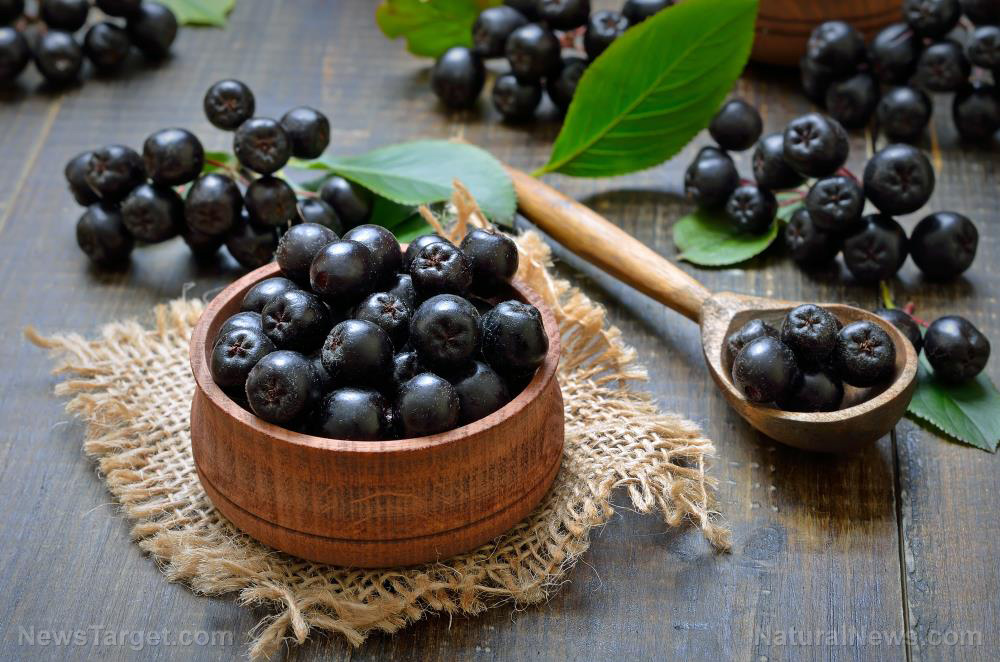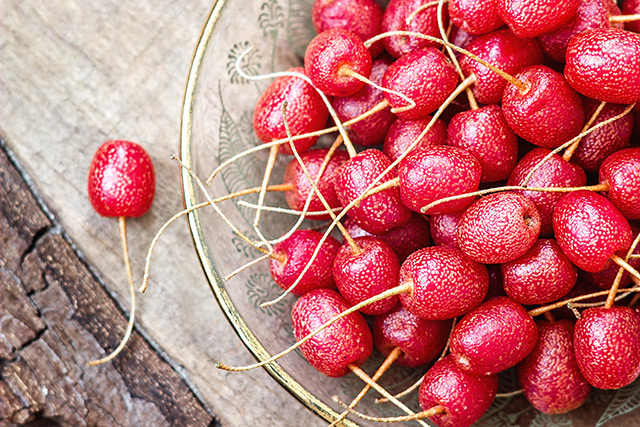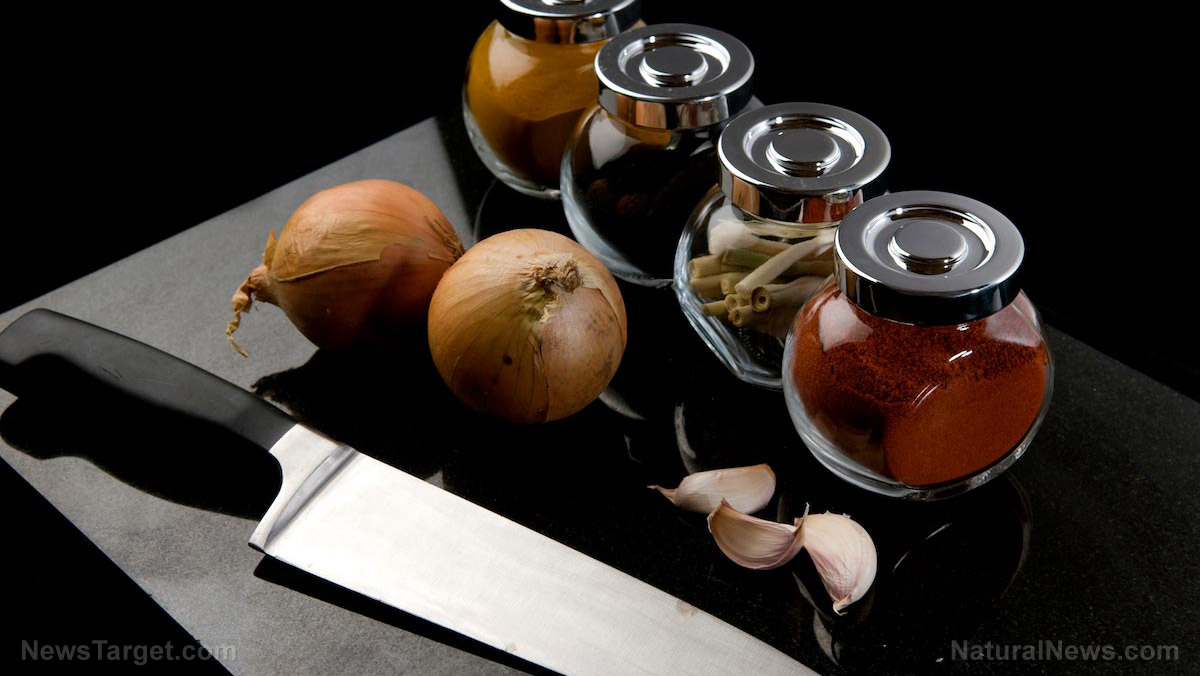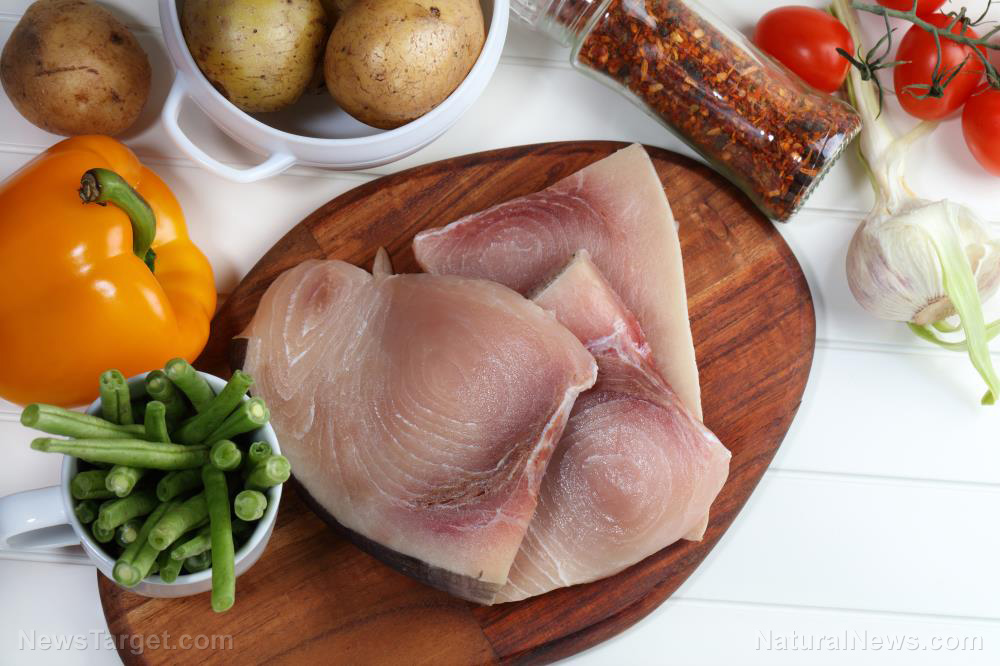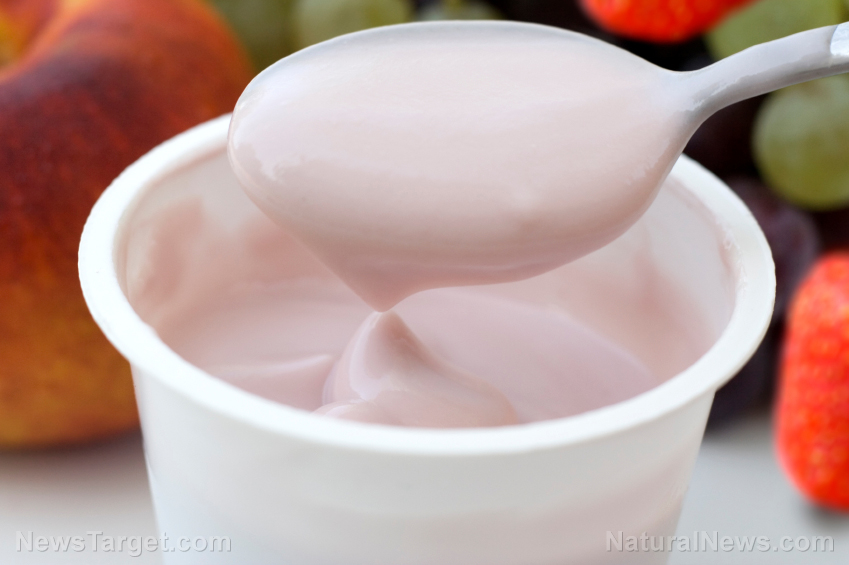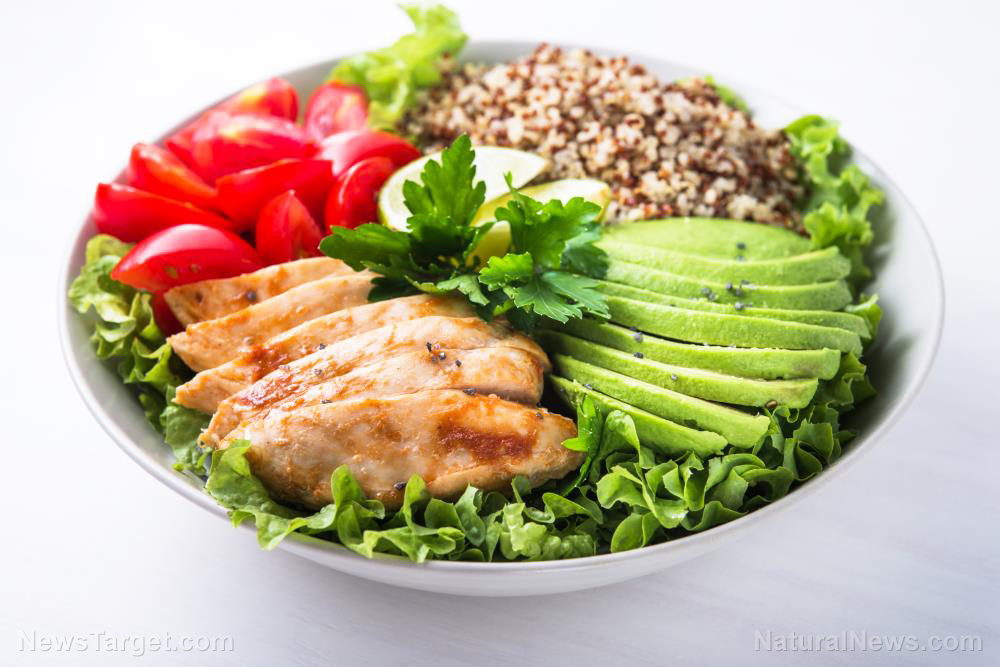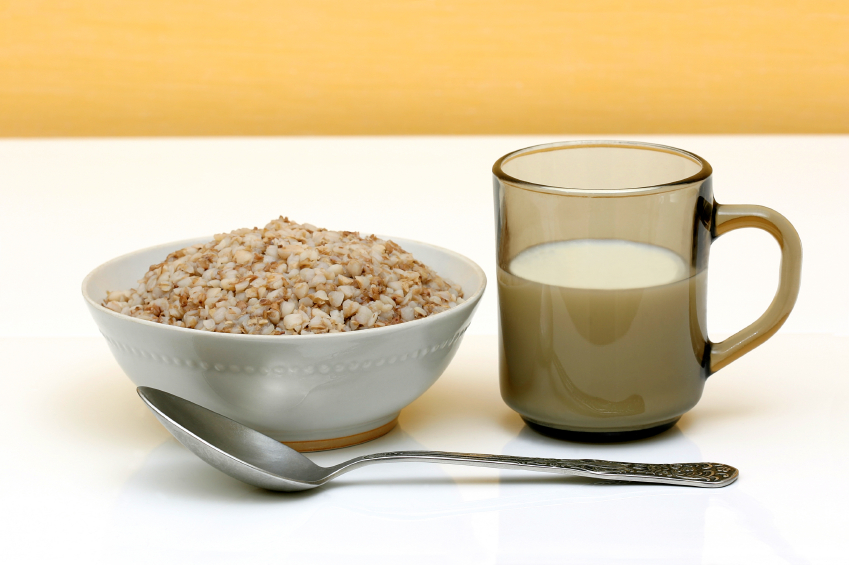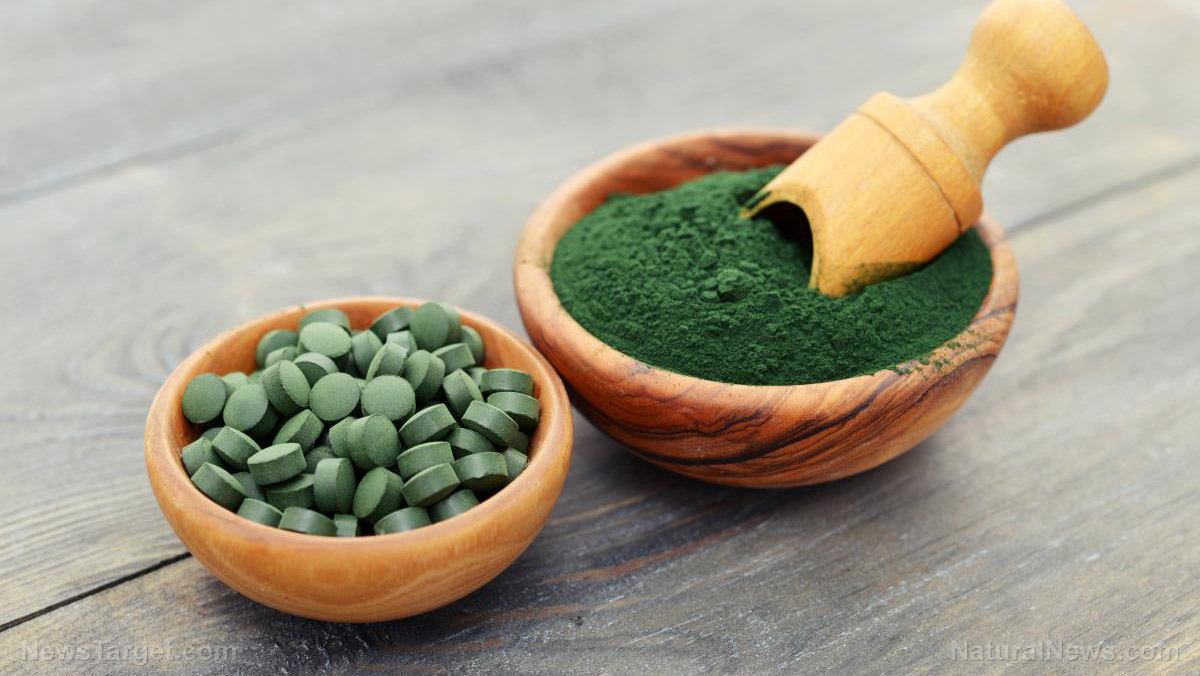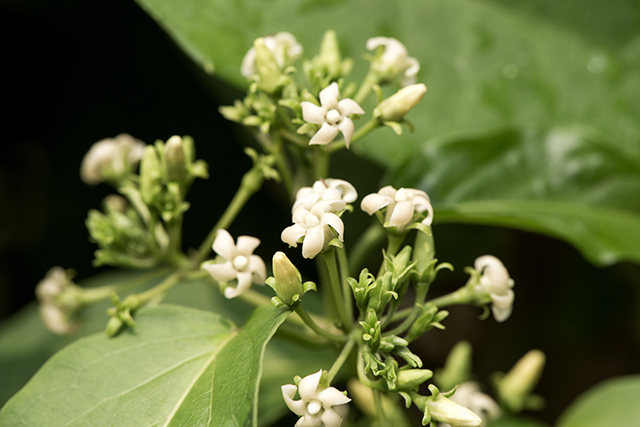The antioxidant and anti-inflammatory properties of chicoric acid
05/02/2019 / By Evangelyn Rodriguez

This study, which was conducted by researchers from Northwest A&F University in China, compared the protective effects of chicoric acid (CA) and its metabolites, caffeic acid (CFA) and caftaric acid (CTA), on biomolecules against inflammatory responses. Published in the journal Food Science and Human Wellness, this study demonstrates the activity and potential of CA and its metabolites as natural antioxidants.
- CA is a natural phenolic acid that has been used as a nutraceutical food ingredient due to its powerful antioxidant, anti-HIV, and anti-diabetic bioactivities.
- CA could be partly metabolized into CFA and caftaric acid CTA on cytochrome P450s in rat liver microsomes.
- To determine the protective effects of CA, CFA, and CTA, the researchers induced oxidative damage by free radicals in vitro and microglial inflammation by lipopolysaccharide in BV2 cells and tested the three compounds on both.
- CA, CTA, and CFA all significantly inhibited protein degradation and carbonylation induced by hydroxyl radicals and alcoxyl radicals. They also suppressed hemin/nitrite/H2O2 triggered-nitration.
- CA, CTA, and CFA all inhibited linoleic acid and soybean lecithin liposomes peroxidation in a dose-dependent manner and stopped the oxidation of herring sperm DNA, as well as the breakage of pBR322 plasmid DNA.
- CA and its metabolites also suppressed lipopolysaccharide-induced decline of BV2 cell viability and the production of NO and ROS.
- CA demonstrated stronger bioactivities than its metabolites within a certain concentration range.
The results of this study provide scientific basis for the application of CA and its metabolites as natural antioxidants and food components for nutrition.
Read the full study at this link.
Journal Reference:
Liu Q, Liu F, Zhang L, Niu Y, Liu Z, Liu X. COMPARISON OF CHICORIC ACID, AND ITS METABOLITES CAFFEIC ACID AND CAFTARIC ACID: IN VITRO PROTECTION OF BIOLOGICAL MACROMOLECULES AND INFLAMMATORY RESPONSES IN BV2 MICROGLIAL CELLS. Food Science and Human Wellness. December 2017;6(4):155–166. DOI: 10.1016/j.fshw.2017.09.001
Tagged Under:


